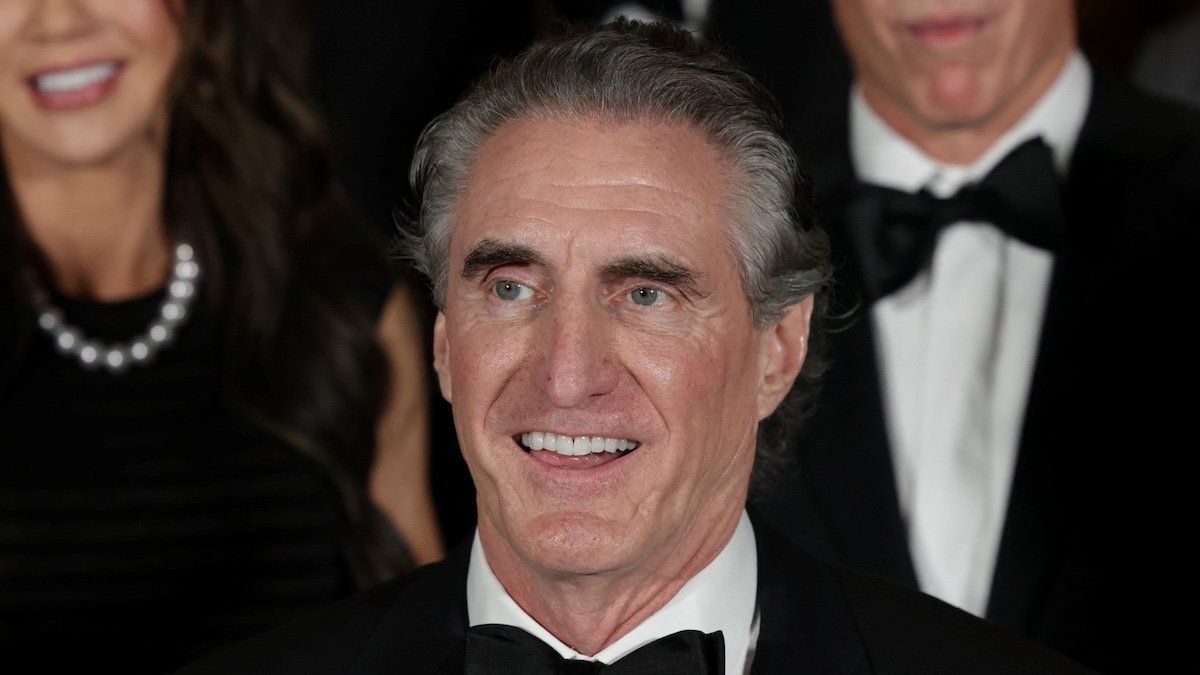The AI race depends on fossil fuels. That was the message from Doug Burgum in his Senate confirmation hearing last Thursday.
Burgum is currently auditioning for two jobs. If confirmed by the US Senate, the former North Dakota governor will not only serve as secretary of the interior but also as the head of a new committee called the National Energy Council.
Burgum said that the US will lose its “AI arms race” with China unless it takes full advantage of fossil fuels. To run artificial intelligence models on advanced processors, data centers require copious amounts of electricity. He criticized wind and solar energy and said the country needs more “baseload” electricity from coal. “The sun doesn’t always shine, and the wind doesn’t always blow,” Burgum told senators, signaling plans for a deregulatory environment in the energy sector.
Companies are rethinking their climate ambitions in the age of AI. In July, Google’s Chief Sustainability Officer Kate Brandtadmitted that the company’s goal to become carbon “net zero” by 2030 is now “extremely ambitious.” The Biden administration has encouraged the development of nuclear energy infrastructure as a way to get more “clean energy” to pursue AI at scale without further delaying progress on climate goals. Google and Microsoft have struck deals for nuclear energy, while Meta is seeking a deal of its own.
Burgum’s confirmation hearing showed that while Trump’s administration may be just as enthused about dominating global AI, it’ll be less stringent on using renewable or clean energy to do so.
